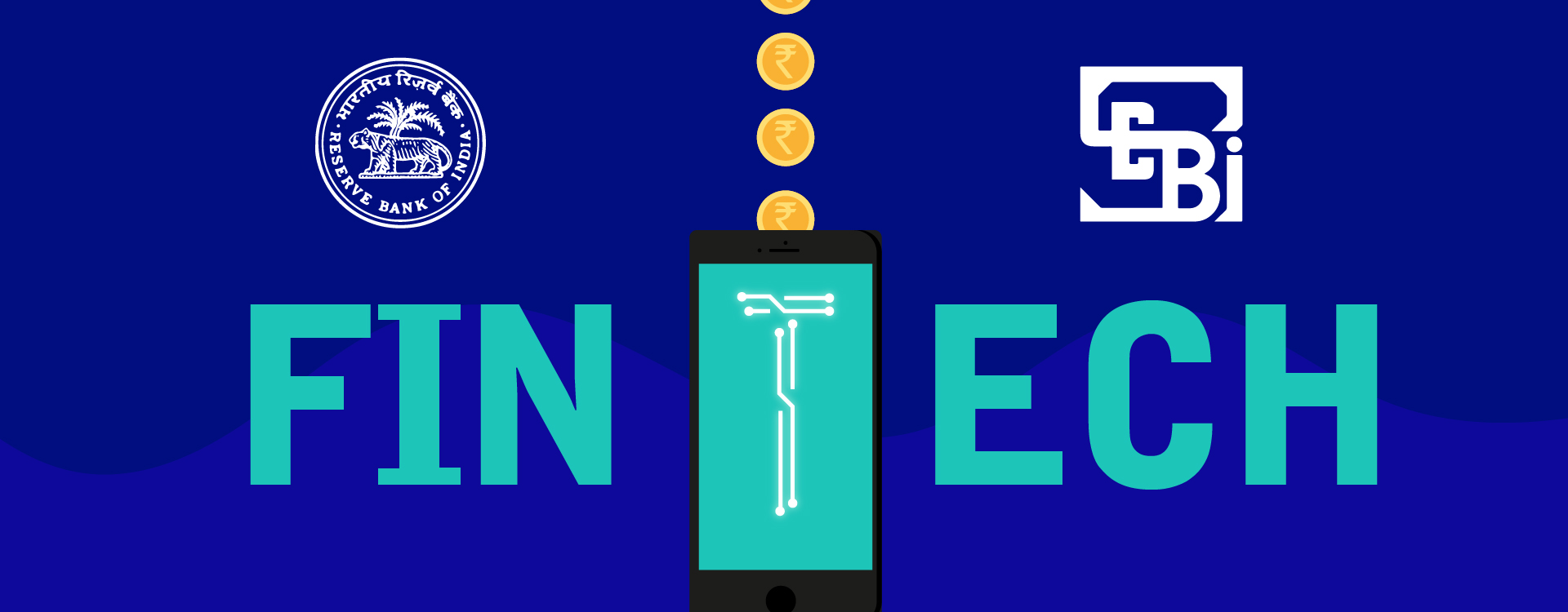Between 2020 and 2021, the Indian fintech market grew to new levels as the COVID-19 pandemic accelerated the digitisation of consumers, small businesses, banks and other financial institutions. First-time fintech users who were constrained to transact manually during lockdowns early last year primarily took to using digital payment options in a big way. As of October 2020, more than 2 billion transactions had been recorded through the Unified Payment Interface (UPI) service, India’s most extensive fintech application.
Recently, industry stakeholders have sought to regulate the entry and operations of fintech platforms. The development of a regulatory framework around the fintech industry has gained momentum. As of now, the fintech sector functions under the legal purview of the Ministry of Law, Ministry of Finance, Reserve Bank of India, Securities and Exchange Board of India (SEBI), and National Payments Corporation of India (NPCI).
‘‘
The rapid growth of the fintech industry in India is a testament to the encouragement provided to industry participants by regulators.
Let’s take a closer peek at the latest rules and developments in the Indian fintech industry.
RBI Regulatory Sandbox – Testing for a Regulatory Model
RBI testing regulatory sandbox refers to the direct testing of new products or services in a controlled regulatory environment. Post testing, the RBI may permit certain relaxations for the limited purpose of testing fintech products.
The products in the RBI’s fintech regulatory sandbox include:
eRupaya – It is a collection of prepaid cards based on Near Field Communication (NFC) and Point-of-Sale (Point-of-Sale) devices that enable in-person transactions and digital products in remote locations.
PaySe – This digital offline payment product enables payments in rural farms to be digitised through a self-help team structure.
CityCash – It is a range of NFC-based prepaid cards and POS devices that enable in-person purchases, including but not limited to the purchase of bus tickets.
ToneTag – This is a UPI phone-based payment solution for in-person transactions based on interactive voice feedback between devices.
RBI launched the second test of fintech solutions in the context of ‘cross-border payments’ in December 2020. This move will enable technological innovations to be introduced in the cross-border payments landscape cost-effectively, quickly, securely, practically and transparently. The RBI has also notified ‘MSME lending’ as the theme for the third cohort, details of which will be announced in due course.
Vast Regulatory Ambit for Fintech
While there is no one supervisory body for fintech businesses, most fintech business would fall under the preview of the Reserve Bank of India. In addition to the RBI, depending on the nature of activity required to be regulated or on the third party with which a fintech entity would interact, regulators such as the Securities Exchange Board of India, Ministry of Electronics and Information Technology, the Insurance Regulatory and Development Authority of India and the Ministry of Corporate Affairs would also have oversight.
Every key regulator i.e., the RBI, SEBI, IRDAI and the Pension Fund Regulatory and Development Authority has issued draft guidelines. In the case of RBI and SEBI, the above mentioned operationalised regulatory sandboxes will allow fintech businesses to live test their innovations in a controlled regulatory environment while providing exemptions of liquidity requirements, corporate compliances, credit record, financial soundness, management experience etc.
These sandboxes have been designed to be short term (i.e., between six to seven months) such that multiple sandboxes under various themes may be operationalised. In addition to sandboxes, it is evident from the Government’s budget policies and the regulatory policy decisions that it seeks to support innovation.




